**Note: This page is for educational inspiration and is not officially affiliated with UNESCO, which founded International Literacy Day. For official information and to learn more about global literacy efforts, please visit the UNESCO website (www.unesco.org).
Tuesday 8th September 2026
Understanding International Literacy Day in EYFS & KS1
Read all about it! International Literacy Day is celebrated every year on September 8th. Established by UNESCO (the United Nations Educational, Scientific and Cultural Organization) in 1966, this day highlights the importance of literacy as a matter of dignity and human rights, and to advance the literacy agenda towards a more literate and sustainable society.
For early years settings, nurseries, preschools, childminders, and Year 1 and Year 2 classrooms, this day provides a profound and engaging theme for exploring the power of words, the joy of reading, and the foundations of communication and language. It's about celebrating stories, encouraging early mark-making, fostering a love for books, and understanding how literacy connects us all. This day offers fantastic planning ideas and inspiration for engaging activities that truly resonate with young minds, making learning about language and communication both enriching and fun.
Why Is Teaching About Literacy & Reading Important for Young Children?
Integrating lessons about literacy and reading into your practice with young children (aged 0-7) is vital for laying the groundwork for lifelong learning, academic success, and effective communication. During their early years, children absorb language at an incredible pace and begin to make sense of the written world.
Communication Skills: Literacy encompasses both reading and writing, which are fundamental to expressing thoughts, understanding others, and engaging with the world.
Cognitive Development: Engaging with stories and language enhances critical thinking, imagination, and problem-solving skills.
Vocabulary Expansion: Exposure to diverse words and narratives significantly boosts a child's vocabulary and comprehension.
Early Reading & Writing Readiness: Activities that promote mark-making, letter recognition, and phonological awareness build essential pre-reading and pre-writing skills. Our 'EYFS Framework - Support Examples - Birth to 3 - Literacy', 'EYFS Framework - Support Examples - 3 and 4 Year Olds - Literacy', and 'EYFS Framework - Support Examples - Reception - Literacy' provide excellent guidance.
Emotional & Social Development: Stories help children understand emotions, develop empathy, and navigate social situations by exploring characters and their experiences.
Engaging Literacy & Reading Activities for International Literacy Day (0-7 Year Olds)
Make International Literacy Day a truly inspiring celebration of words and stories with these planning ideas and activities perfect for EYFS and KS1 children. The focus is on discovery, creativity, and the sheer magic of language! Many of these early years and year 1 activities can be supported by the extensive range of printable resources we have available.
Here's some inspiration for bringing literacy to life in your setting: (Please use your own discretion and knowledge of your children to ensure appropriateness of each activity and safety concerning any materials given and activity undertaken.)
Traditional Tales Focus: Immerse children in the world of traditional tales. Use our varied resources for specific stories like 'The Little Red Hen’ , Goldilocks and the Three Bears’, 'Little Red Riding Hood', 'Jack and the Beanstalk’ , ‘The Three Little Pigs’, and ‘The Gingerbread Man’. Alternatively, explore the wider genre with our ‘Traditional Tales’ resources.
"Words Around Us" Scavenger Hunt: Go on a "word hunt" in your environment (classroom, home, local park). Look for words on signs, labels, books, etc. For younger children, focus on letters or familiar words. For KS1, challenge them to find specific sight words or words starting with certain letters.
Book Exploration & Review: Encourage children to talk about and respond to books. Use 'A Book I Love - Draw/Write Sheets' and 'Book Review - Draw/Write Sheets' for personal reflections. Our 'Book Character Sheets' and 'Character Talk Sheets' promote deeper engagement with characters.
"Author and Illustrator Spotlights": Choose a diverse author or illustrator (perhaps one from a different country) and explore several of their books. Discuss their role in creating stories.
Create Your Own Story/Book: Provide opportunities for children to become authors! Provide blank paper (folded and stapled to make a booklet) and encourage children to draw pictures and "write" their own stories. They can dictate their story to an adult to write down, or use emergent writing. This empowers them as creators of literature. Alternatively, use our 'World Book Day Story Building Pack - Cut, Stick & Create/Write/Tell Stories', 'Character Building Description Sheets' and 'Create Your Own Book Template'. For younger children, our 'My Weather Book - Babies' can inspire simple book creation.
Mark-Making & Pre-Writing: Develop early writing skills through varied mark-making. Use 'Mark Making - Inspiration Cards - Different Media' and 'Mark Making - Inspiration Cards - Topics'. Our 'Pre-Writing Card Prompts' and 'Pre-Writing Sheets' are also valuable.
"Write a Postcard to the World": Provide blank postcards and encourage children to draw a picture and "write" a simple message (using emergent writing, scribbles, or dictated words) about something they love about reading or their local area. Discuss how people in different parts of the world communicate.
Alphabet & Phonics Fun: Engage with letters and sounds. Engage in playful activities focused on letters. Use magnetic letters, alphabet puzzles, letter stamps, or play dough to form letters. Sing alphabet songs. Also, use our 'CVC Word Slice Colouring Picture Puzzles/Activities/Games' to build early word recognition.
Poetry & Alliteration: Introduce the fun of language with tongue twisters and poems. Use 'Alliteration Tongue Twister Cards', 'Draw a Tongue Twister', and 'Tongue Twister/Alliteration Cards - Days of the Week'. Our 'I Dream...' Poem' can inspire creative writing.
Story Mapping: Help children understand story structure with 'Story Maps' and 'Story Maps - Beginning/Middle/End'.
Displaying a Love for Books: Create inspiring book displays with our ‘Our Favourite Books - Banner'. Children can contribute with their 'My Favourite Book' Differentiated Mark Making/Drawing/Writing Sheets’.
What Can You Learn from a Book?" Discussion: Have a simple discussion about all the things we can learn from books: about animals, space, other countries, feelings, how to build things, etc. This helps children see the practical value of literacy.
Storytelling from Around the World: Read books or tell stories that originate from different countries and cultures. Use a globe or map to show children where the stories come from. This broadens their understanding of diverse narratives and global literacy.
Shared Reading Marathon: Dedicate time throughout the day for shared reading. Let children pick books they enjoy. For EYFS, focus on picture books and interactive reading. For KS1, encourage them to read aloud independently or with a partner.
Create a "Reading Tree": Draw or cut out a large tree trunk. Each time a child reads a book (or has one read to them), they can add a "leaf" with their name or the book's title to the tree, showing how their reading grows.
General Literacy Guidance: For more comprehensive support, visit our dedicated 'Literacy' 'Area of Learning' page.
These activities offer great inspiration for making International Literacy Day a memorable and impactful experience in your early years and Key Stage One setting, fostering a lifelong love for reading, writing, and communication.
To explore ideas surrounding additional early years events, please visit our 'Special Dates Calendar' page.
Printable resources to support teaching & learning surrounding: ‘International Literacy Day’
For additional ‘Literacy’ resources, visit the following ‘Area of Learning’ pages:
(Dedicated KS1 ‘English’ Curriculum pages coming very soon!)
Additional Pages you may like to explore which cover relevant &/or Connected themes
More Early Years Event Pages for September
Time to get cosy with a book! 📚📖 National Read a Book Day is an unofficial observance, primarily celebrated in the United States, annually on September 6th. Its simple yet powerful…
Let's recycle! ♻️ Recycle Week is an annual event in the UK that takes place in 2026 between 21st and 27th September (TBC). Organised by WRAP (Waste & Resources Action…
Bonjour, hola, ciao! European Day of Languages is celebrated annually on September 26th. This initiative, organised by the Council of Europe with the European Union, aims to celebrate the rich…
See clearly, learn happily! National Eye Health Week is a fantastic annual campaign in the UK, taking place from September 21st to 27th in 2026. Promoted by Eye Health UK, its aim is to raise…
Let's make peace! 🕊️ The U.N. International Day of Peace, often simply called Peace Day, is observed globally every year on September 21st. Established by the United Nations, this day is…
Let's clean up our beaches! The Great British Beach Clean is an annual event organised by the Marine Conservation Society (MCS), in 2026 it is being held between 18th and 27th…
Ahoy, mateys! International Talk Like a Pirate Day is a fantastically fun, unofficial holiday celebrated worldwide every year on September 19th. This day was founded in 1995 by John Baur…
Get up and get active! National Fitness Day is the UK's biggest annual celebration of physical activity. Organised by ukactive, it takes place on September 24th. The day aims to highlight…
Think happy thoughts! Positive Thinking Day, observed informally on September 13th, is a wonderful opportunity to focus on the power of optimism, resilience, and a 'can-do' attitude. While…
Hugs for Teddies! Teddy Bear Day is a charming and informal celebration that takes place on September 9th. It's a day to celebrate the beloved teddy bear, a timeless companion for children…
Time to get puzzling! International Sudoku Day is a fantastic occasion observed annually on September 9th. This date was chosen because Sudoku is famously played on a 9x9 grid! While…
Read all about it! International Literacy Day is celebrated every year on September 8th. Established by UNESCO (the United Nations Educational, Scientific and Cultural Organization) in…
Reduce, reuse, recycle! Zero Waste Week is an annual, international campaign that takes place during the first full week of September. It encourages individuals, businesses, and communities to…
Hooray for friends! Friendship Month is a wonderful, informal initiative often celebrated during September (though sometimes observed in August or February) to shine a spotlight on the…
Crunch, munch! Snack-tember is a fantastic, informal awareness initiative that encourages a focus on healthy snacking throughout the month of September, particularly as children return to school…
Explore special dates (including awareness dates, festivals, celebrations & events) relevant to your EYFS & KS1 children
Browse our ‘Special Dates Calendar’ page using the link below. You’ll find calendars for every month of the year to aid your planning!
CLICK HERE to visit our ‘SPECIAL DATES CALENDAR PAGE’ for an entire year of key EYFS & KS1 events, festivals & celebrations.
SEARCH ‘LITTLE OWLS Resources’ USING THE FOLLOWING MENU BUTTONS…
Disclaimer:
This page is for educational purposes only and is intended to support early years and primary practitioners with ideas and resources related to 'International Literacy Day'. We are not officially affiliated with or endorsed by UNESCO, which founded this awareness day. We do not claim any rights to specific trademarks or official materials associated with this day. For official information and to learn more about global literacy efforts, please visit the UNESCO website at www.unesco.org.


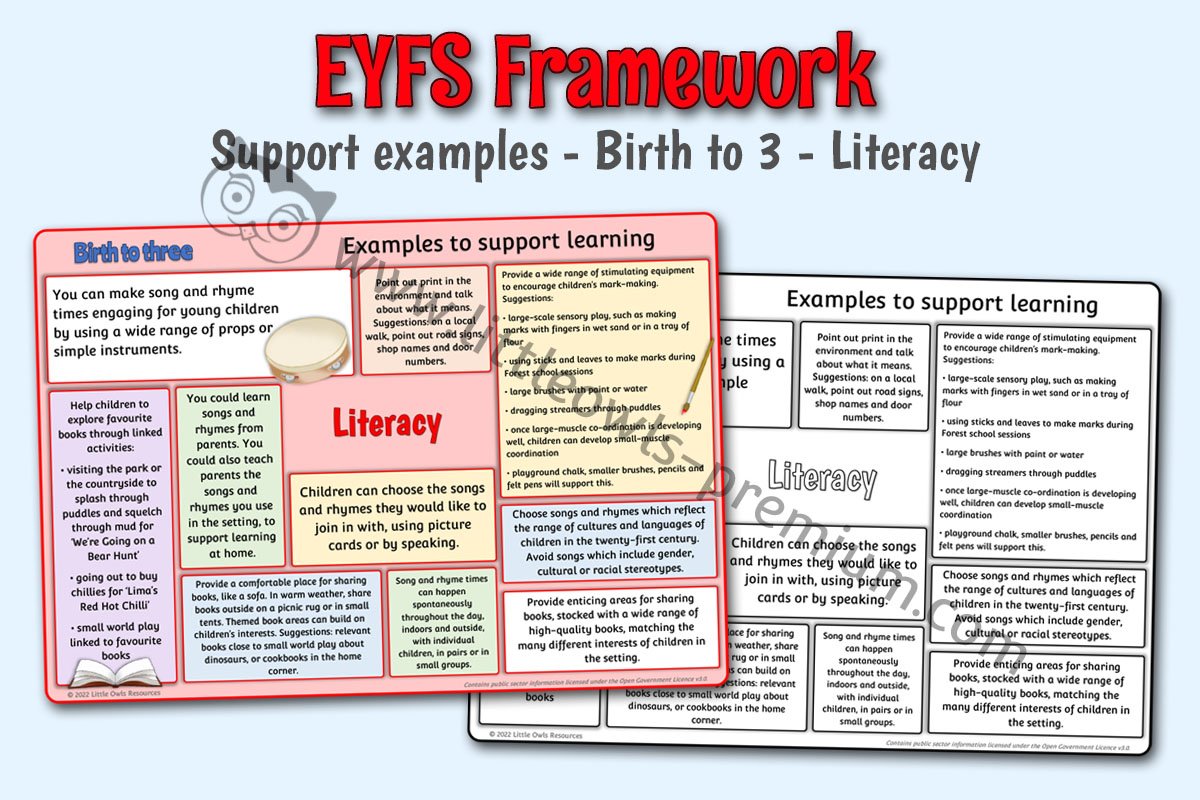















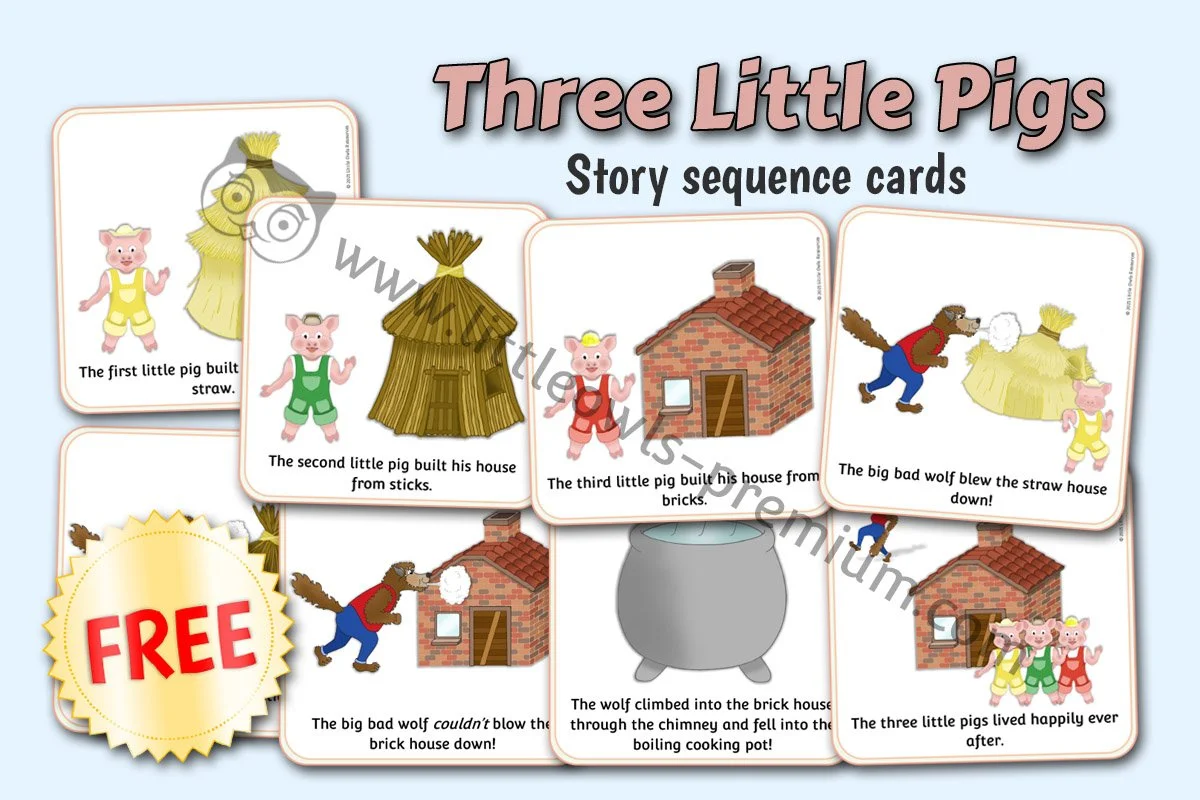








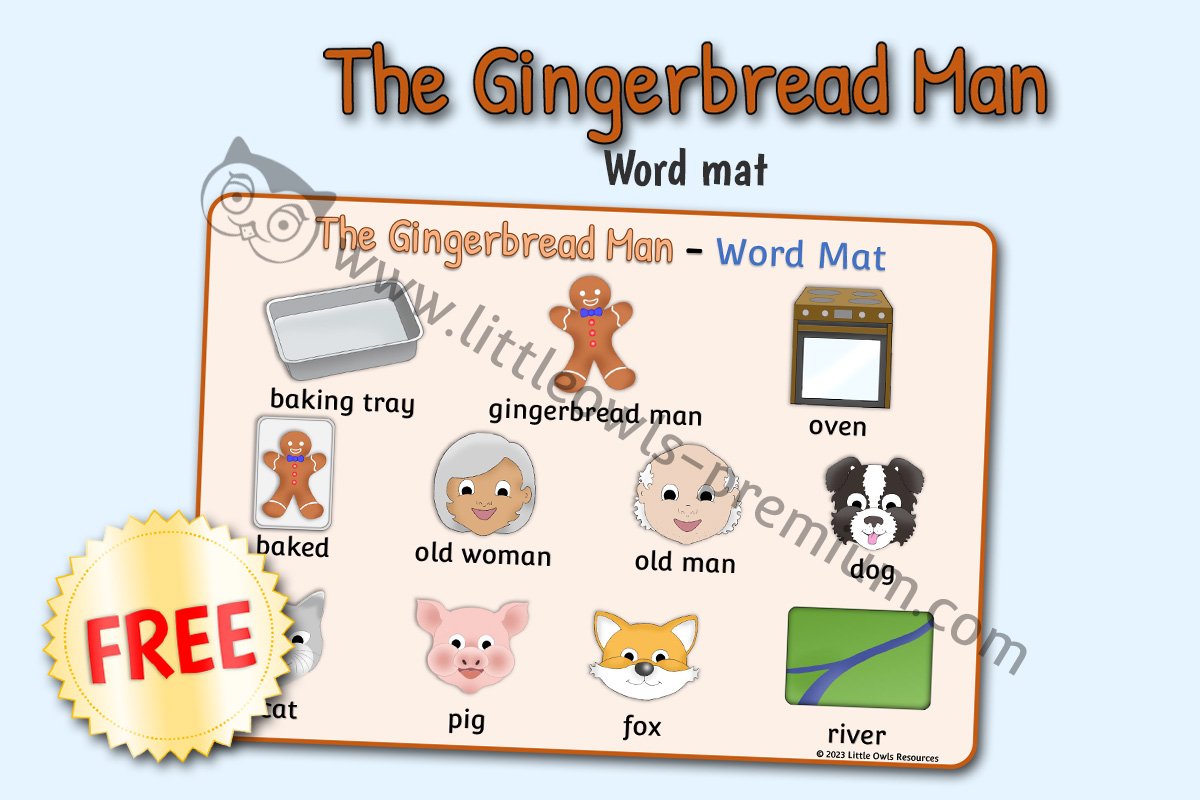

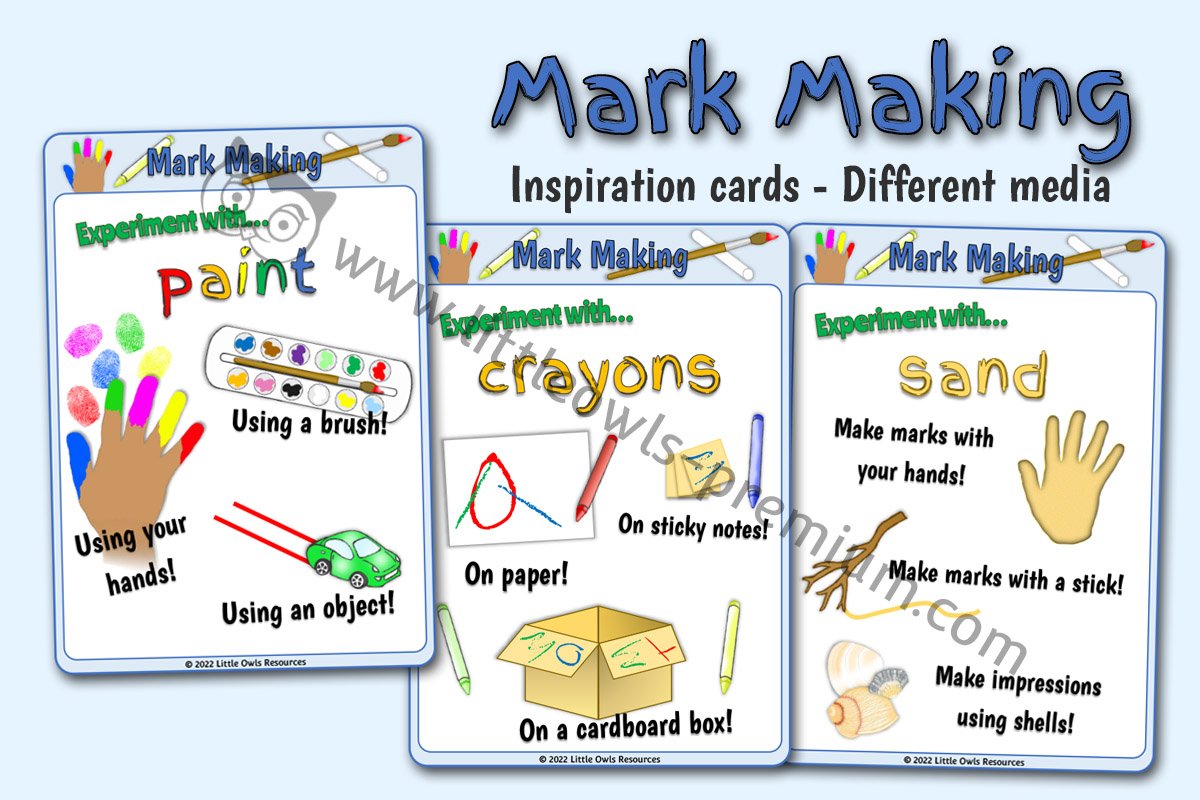


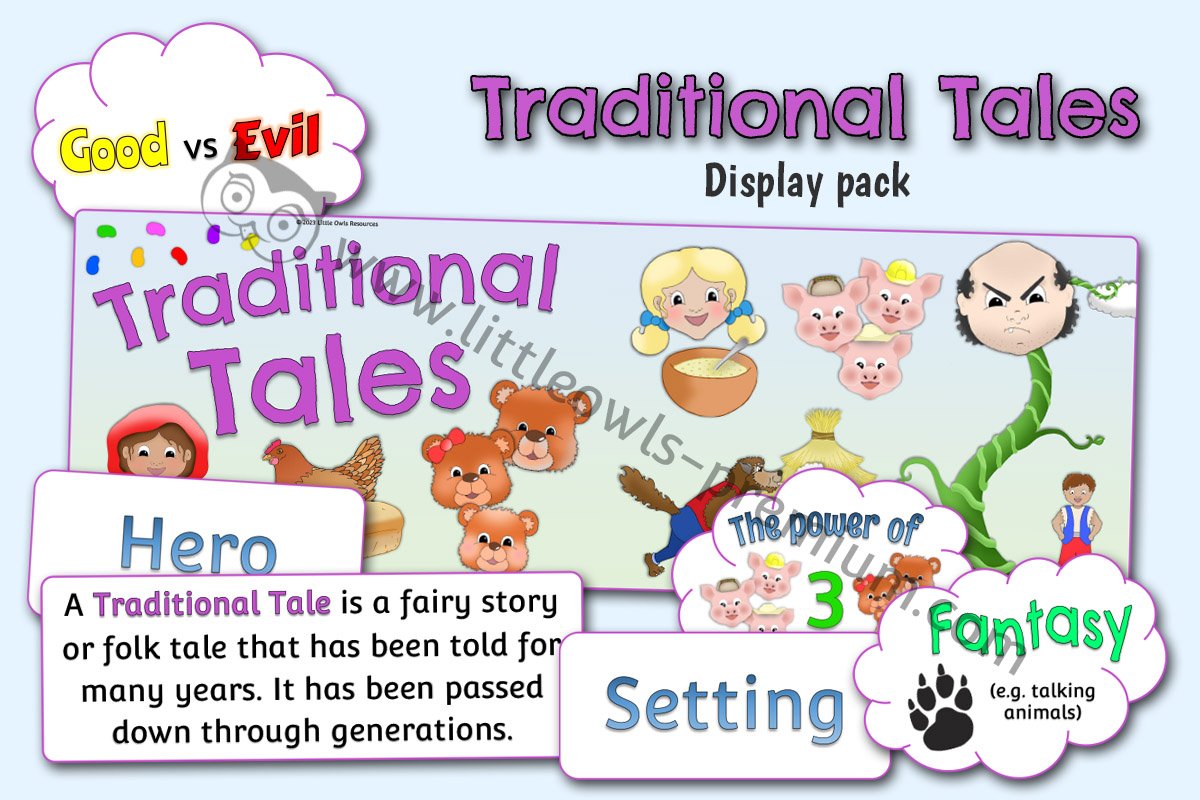







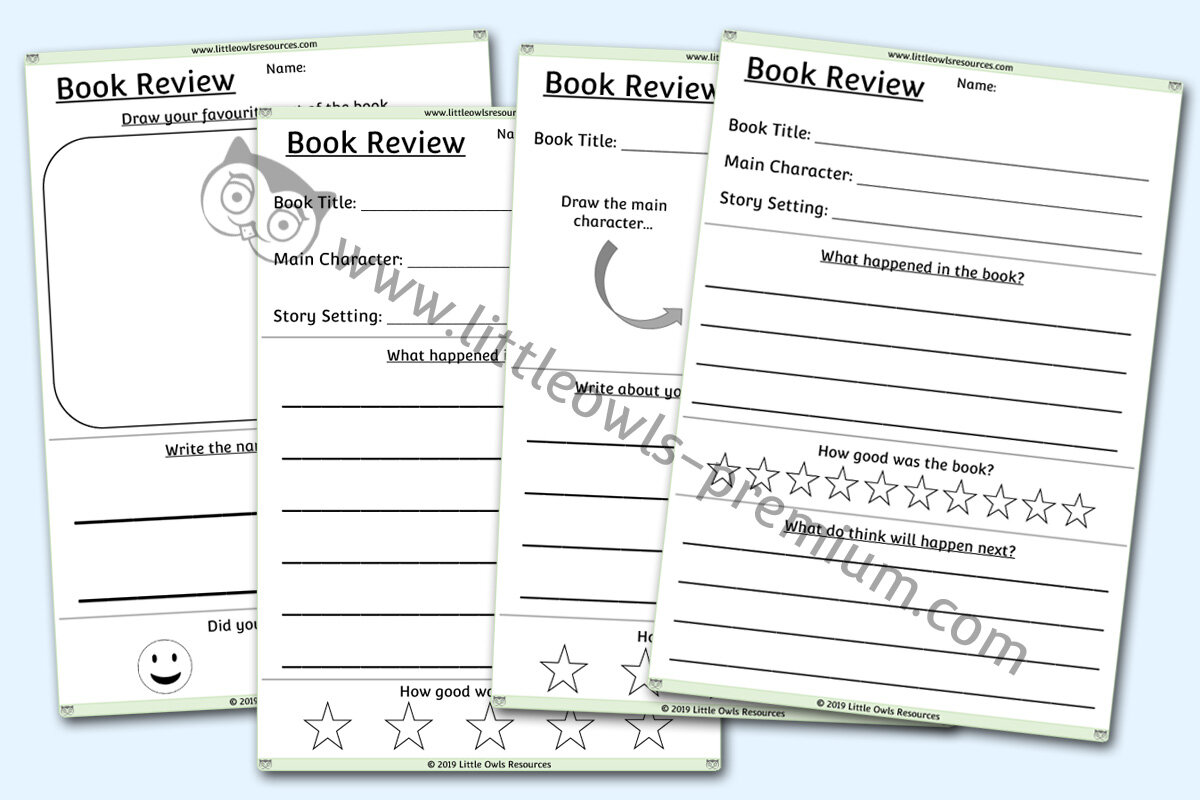




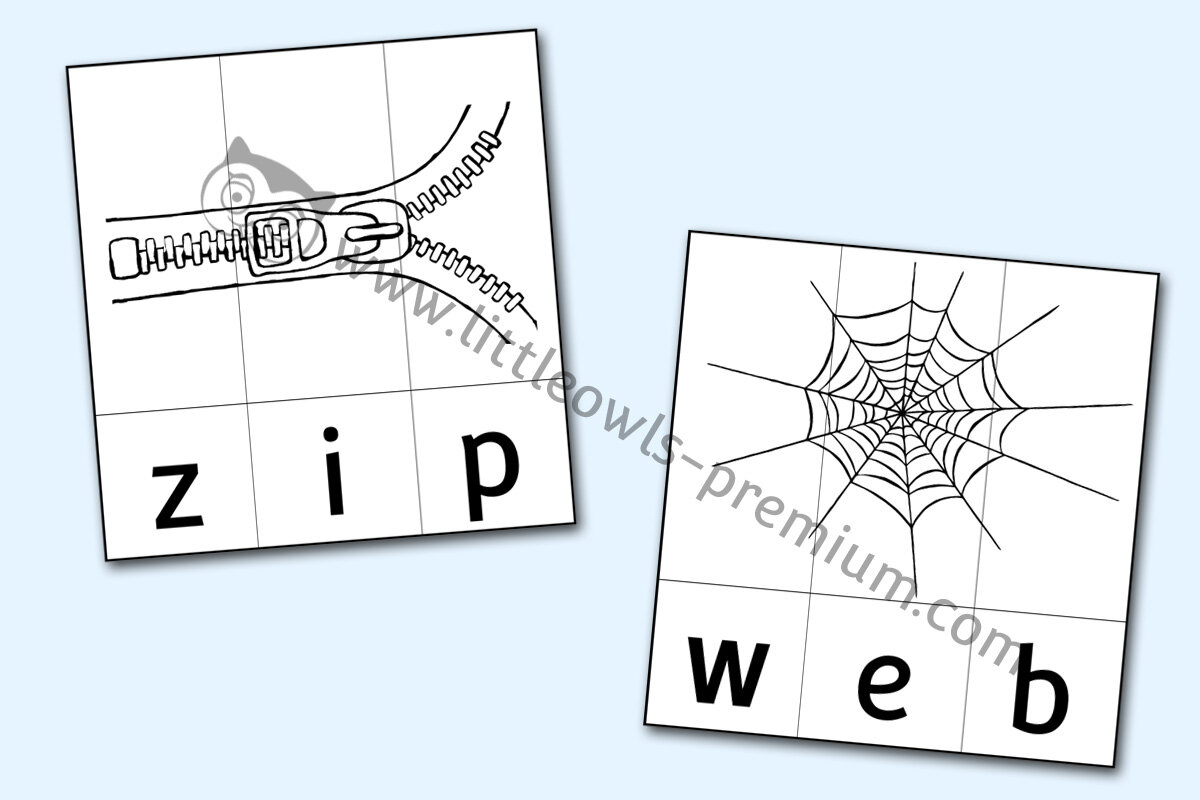
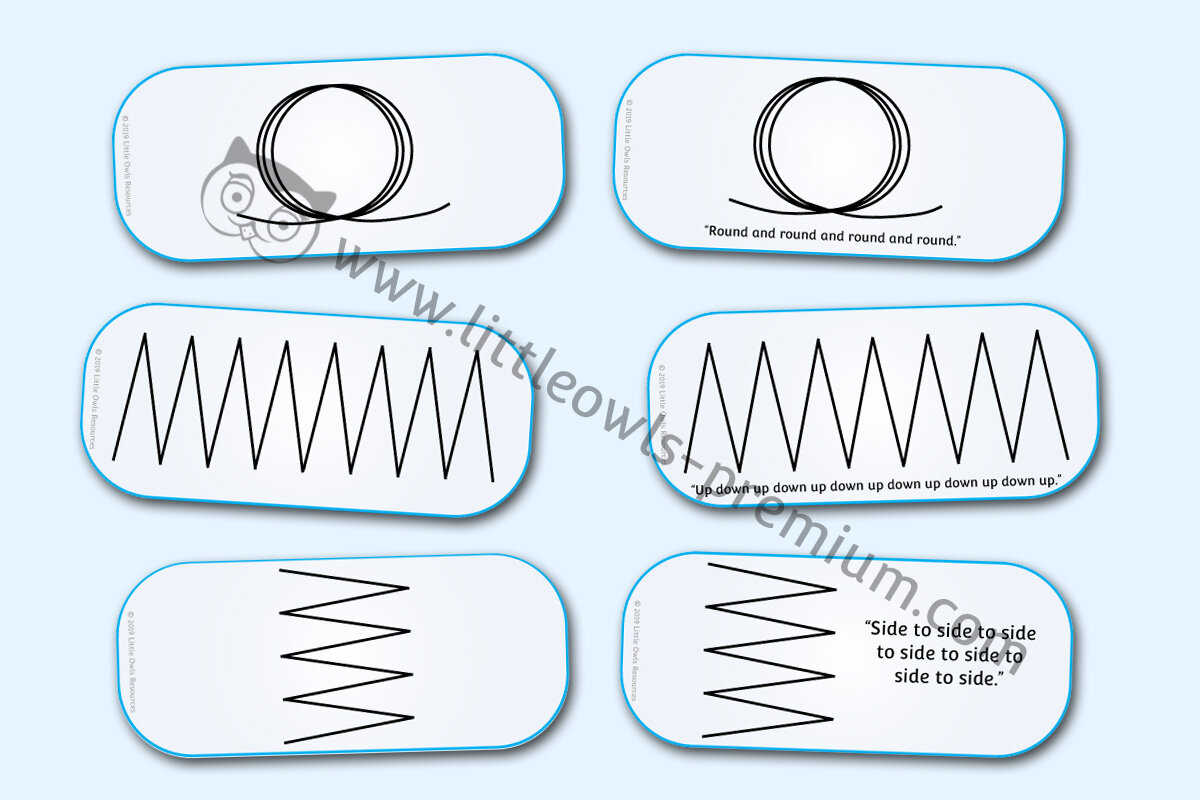
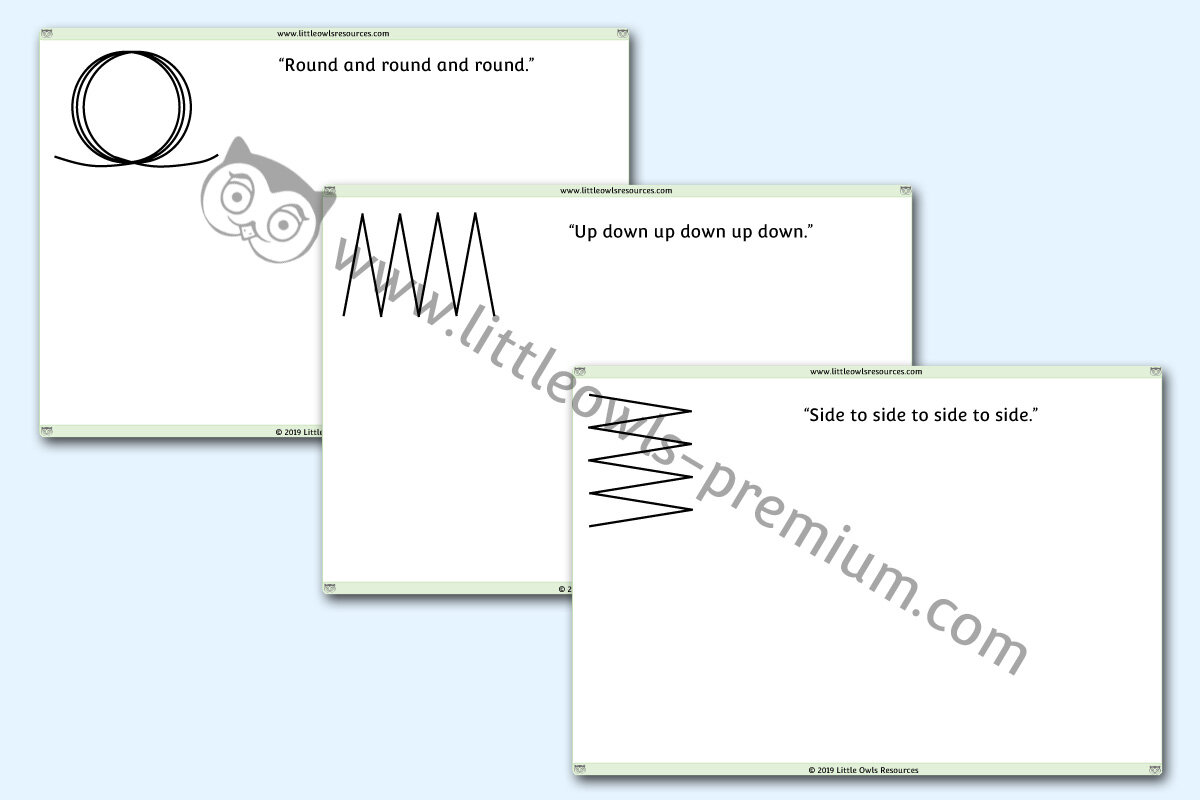
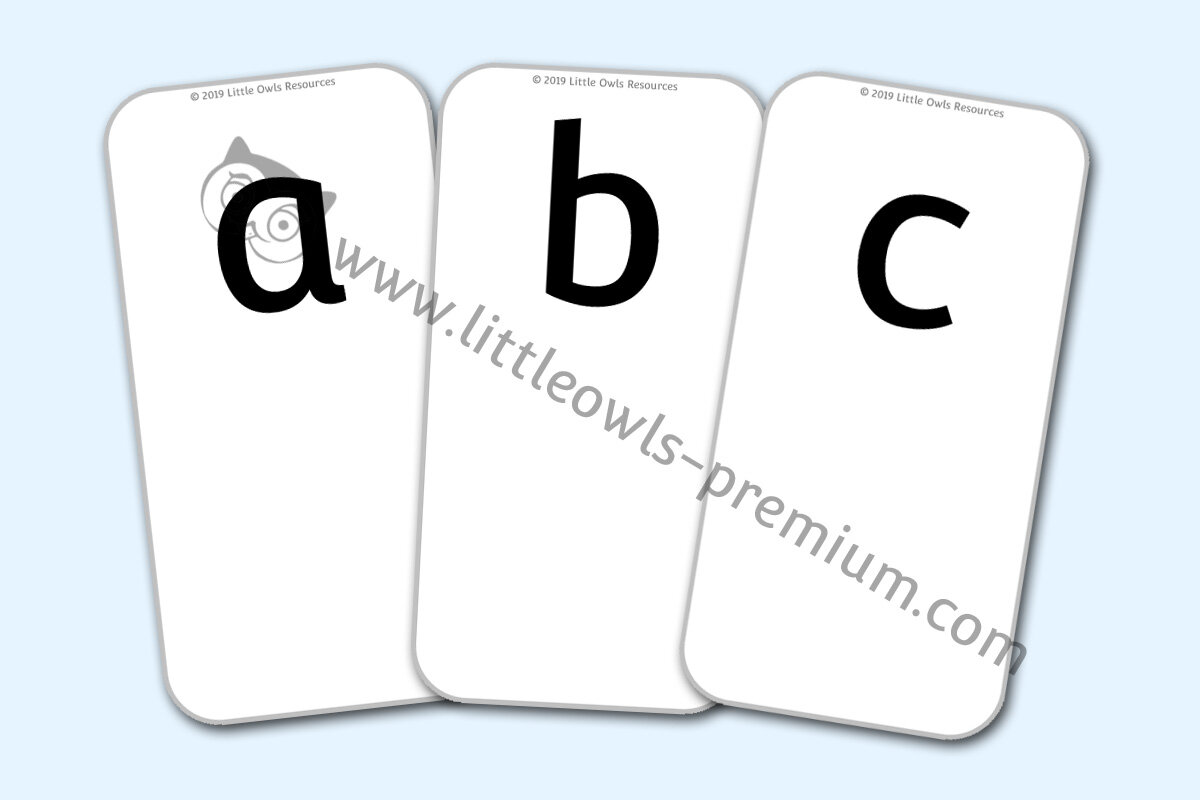
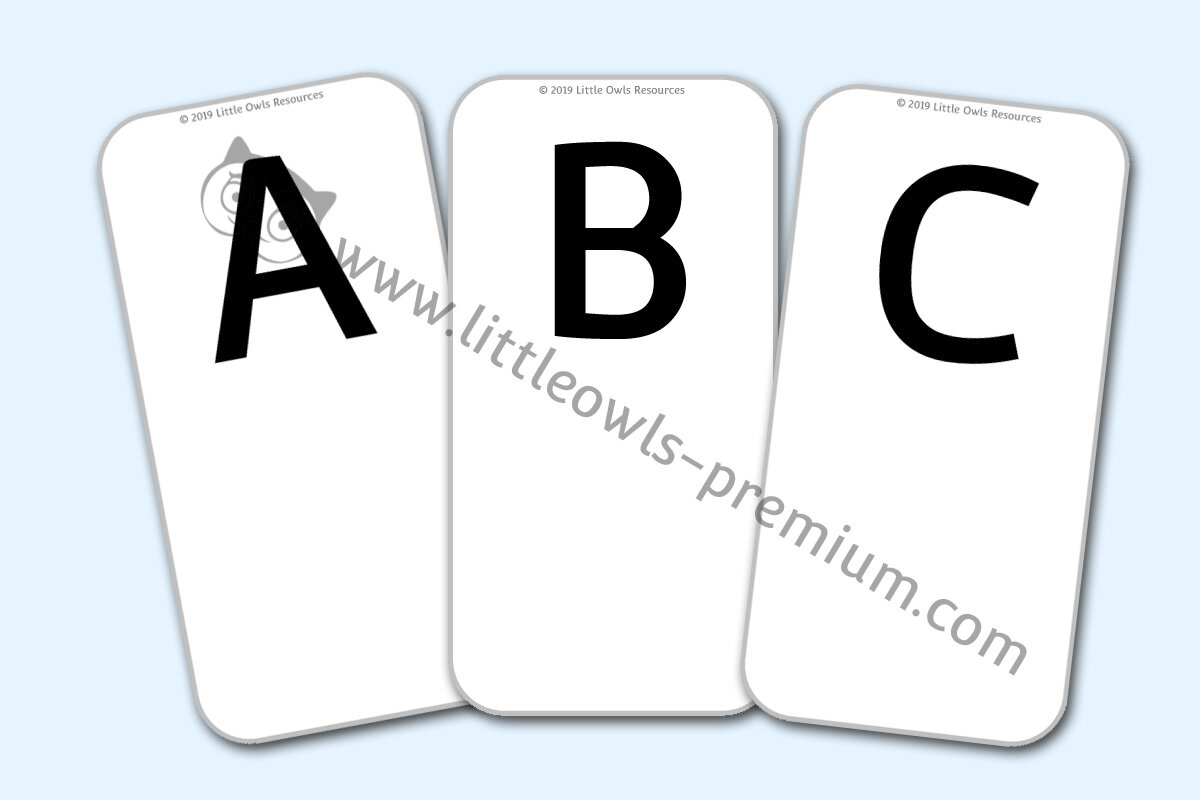
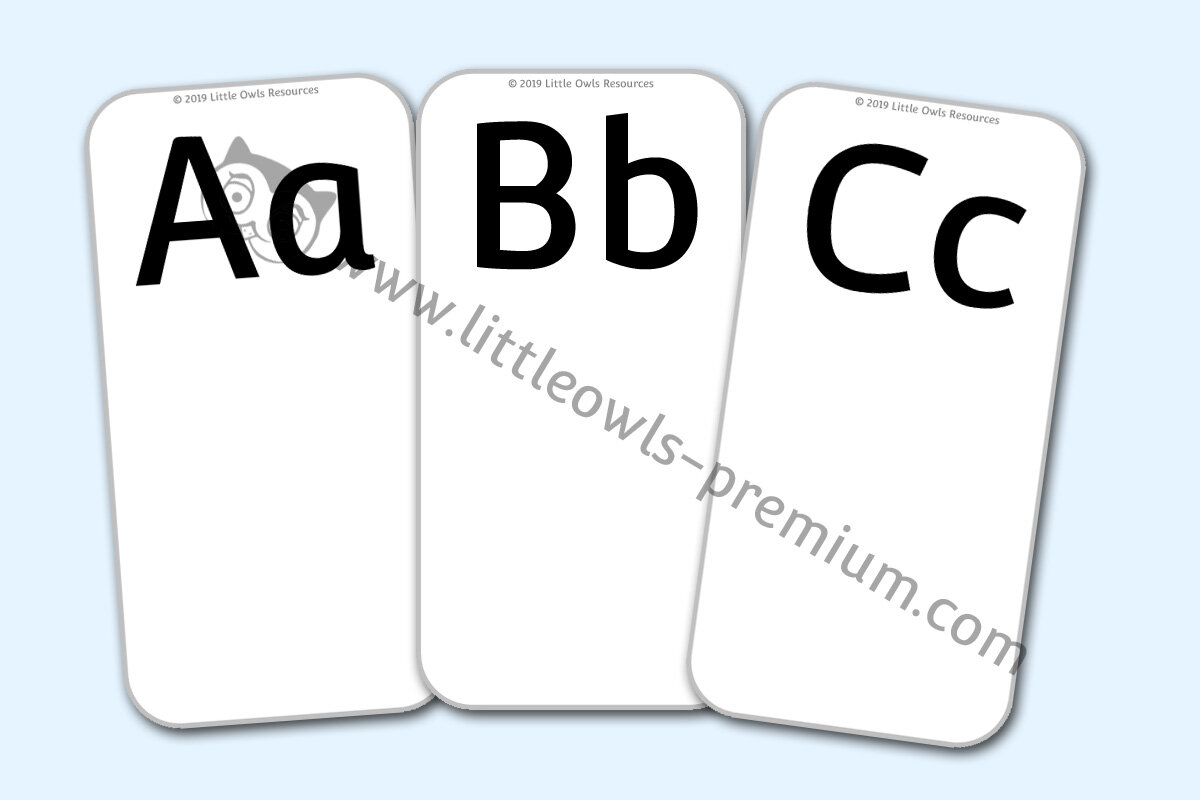



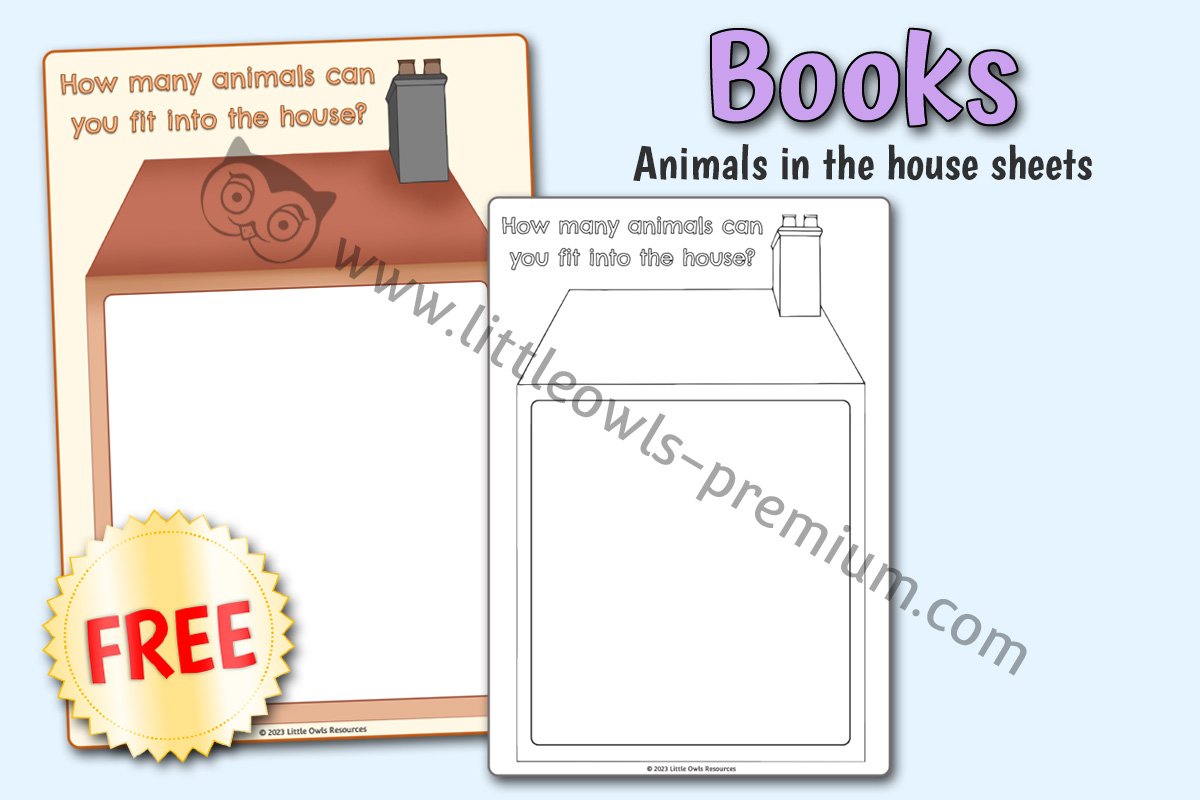
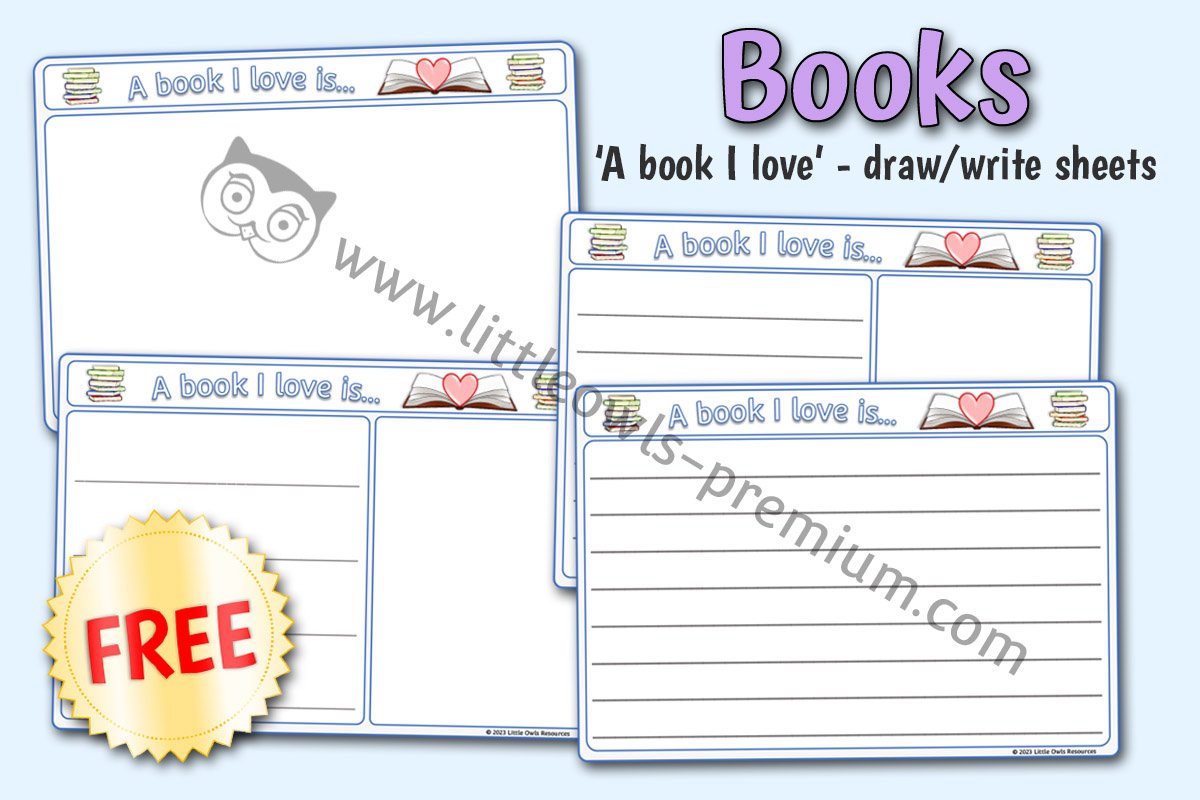



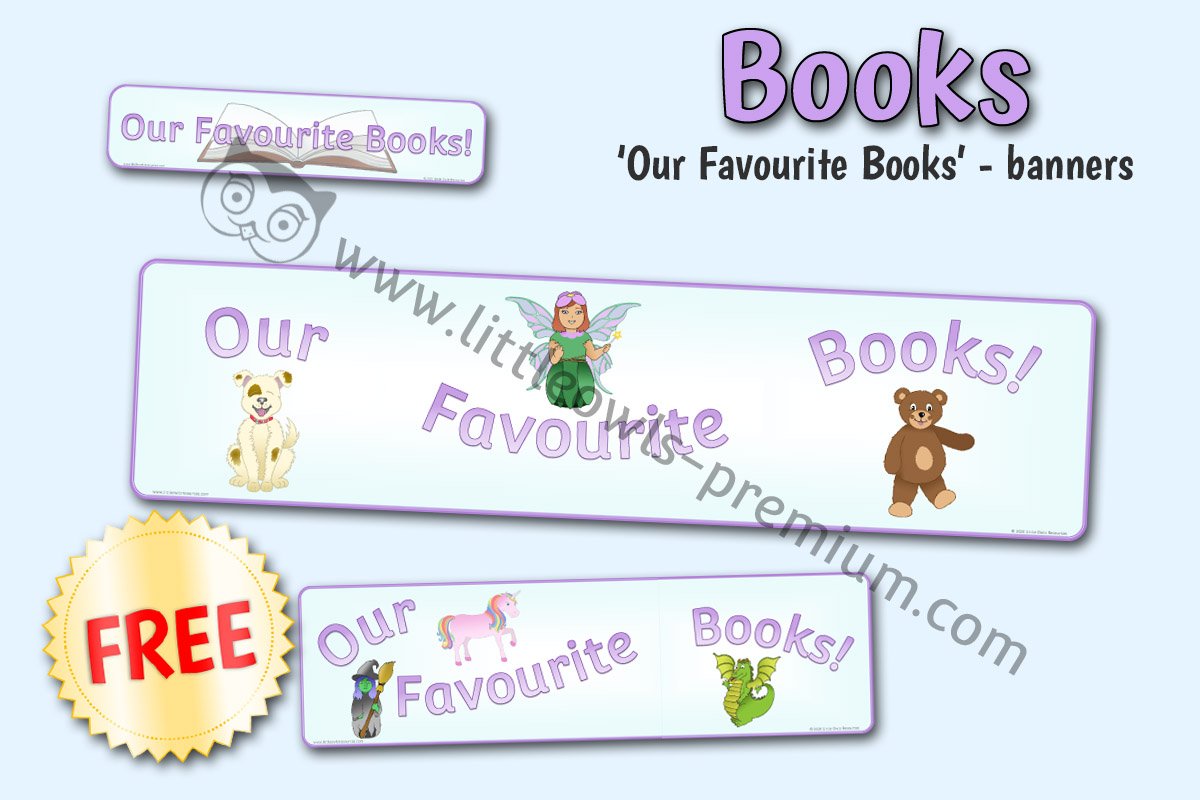
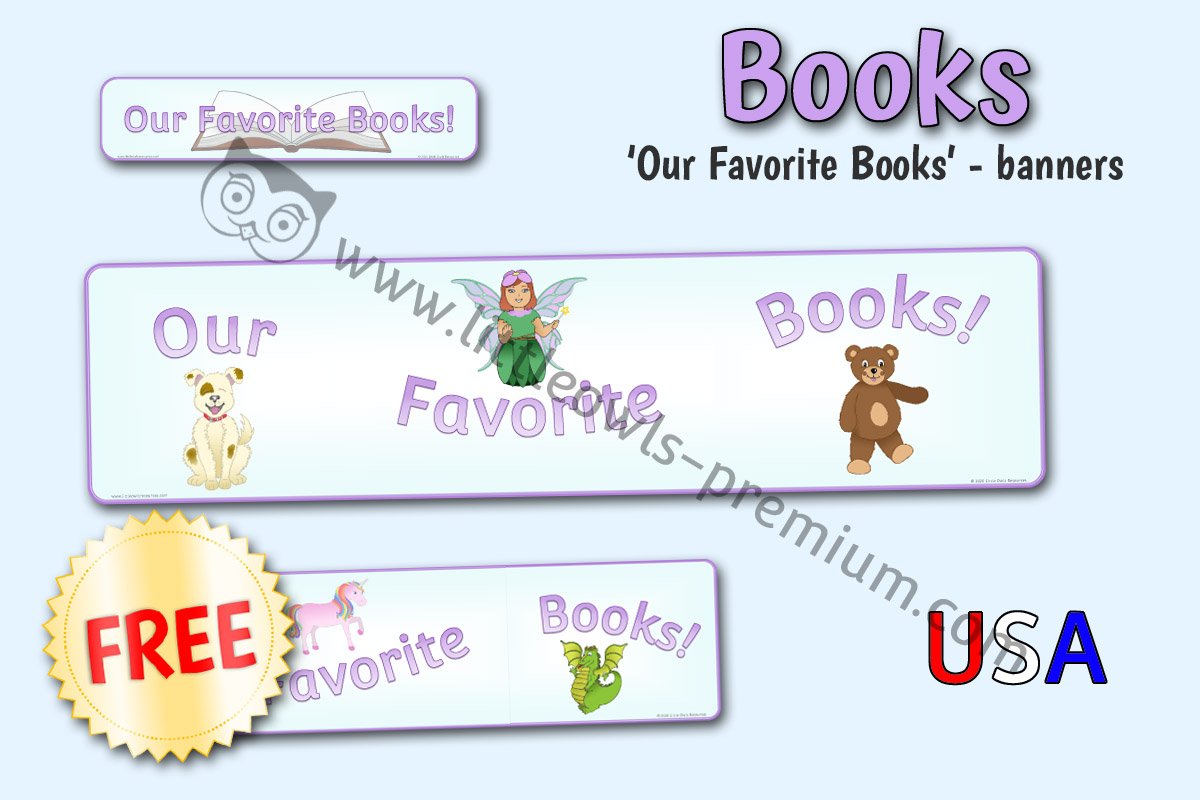
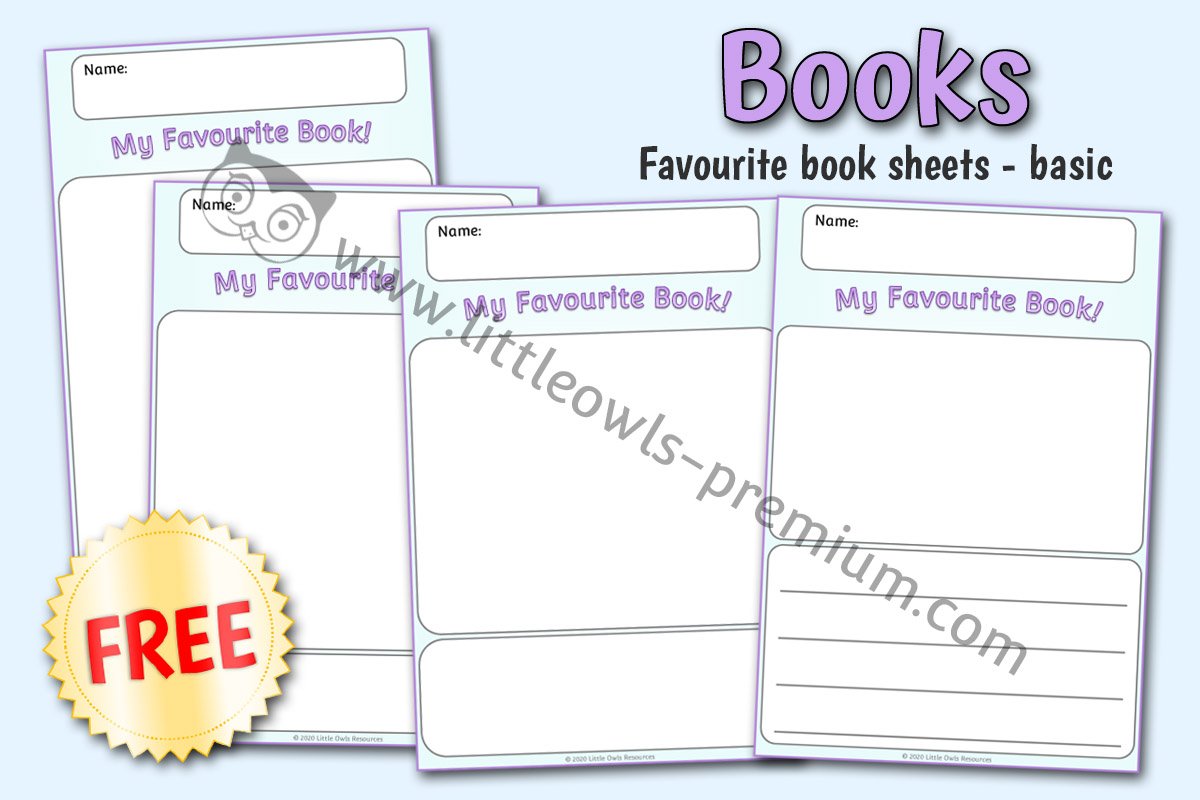
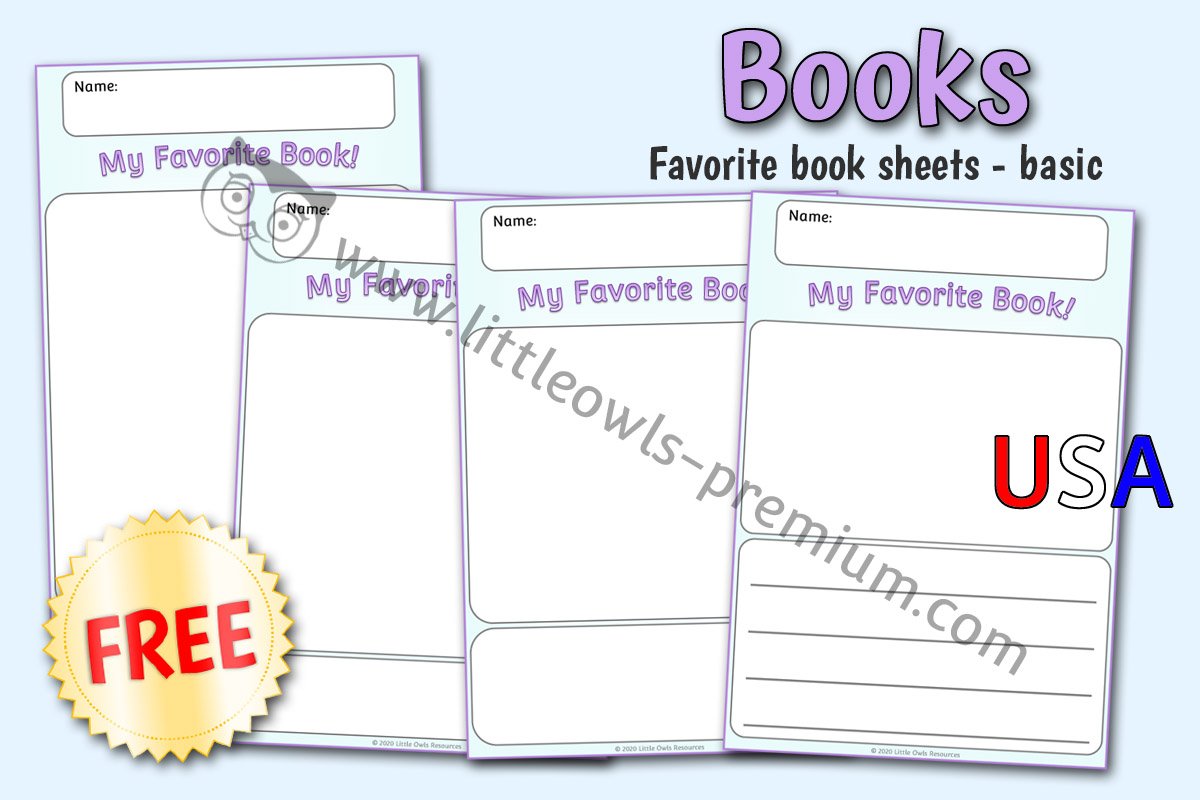
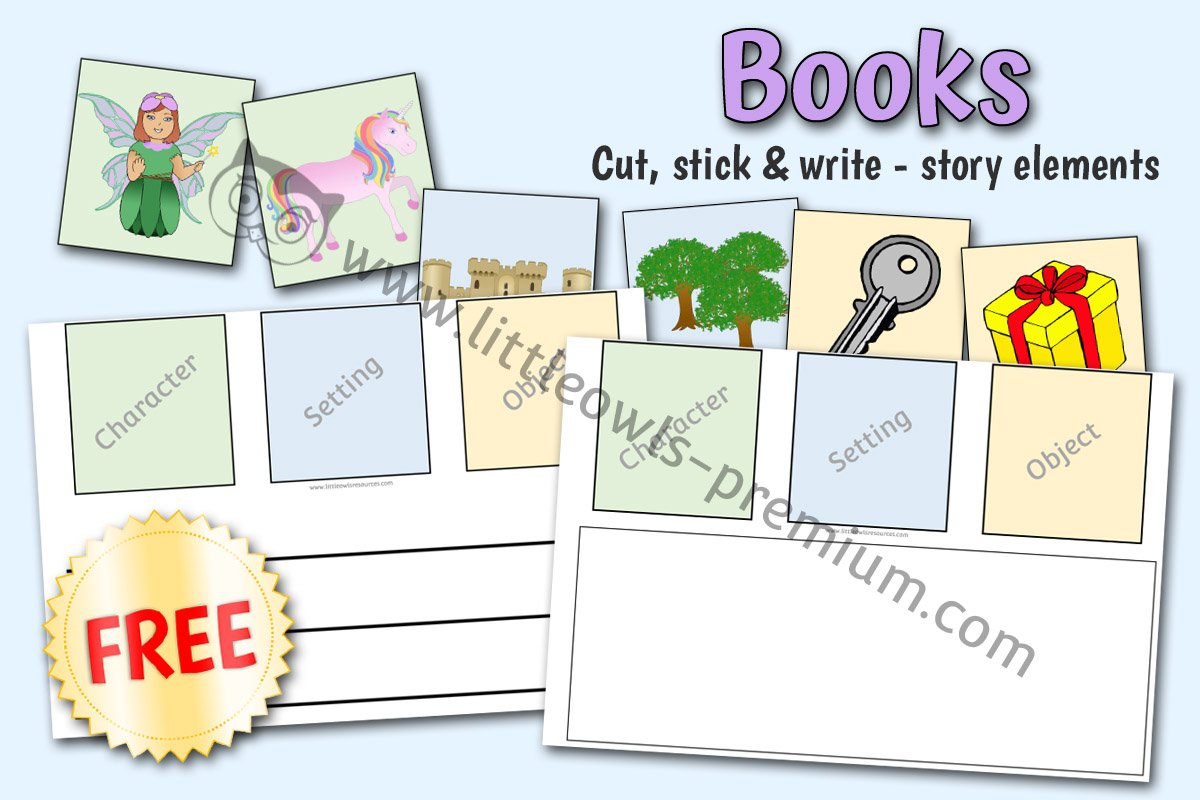

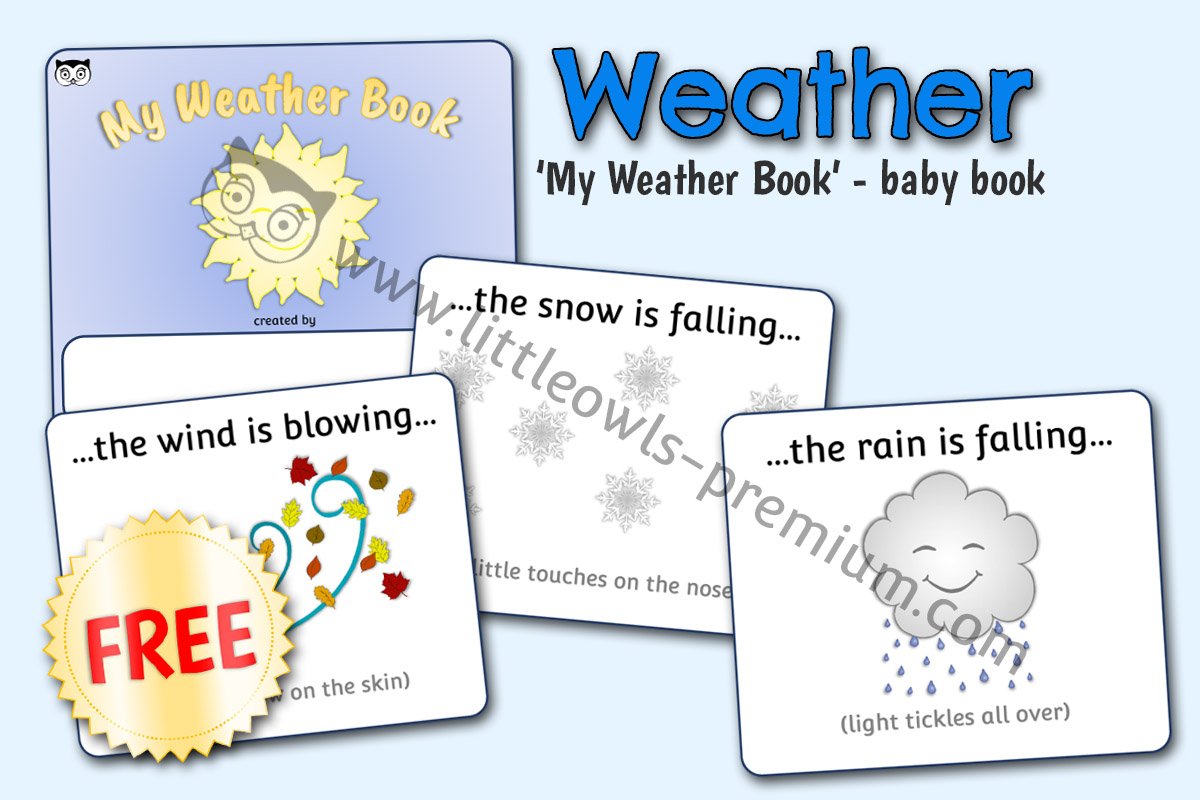
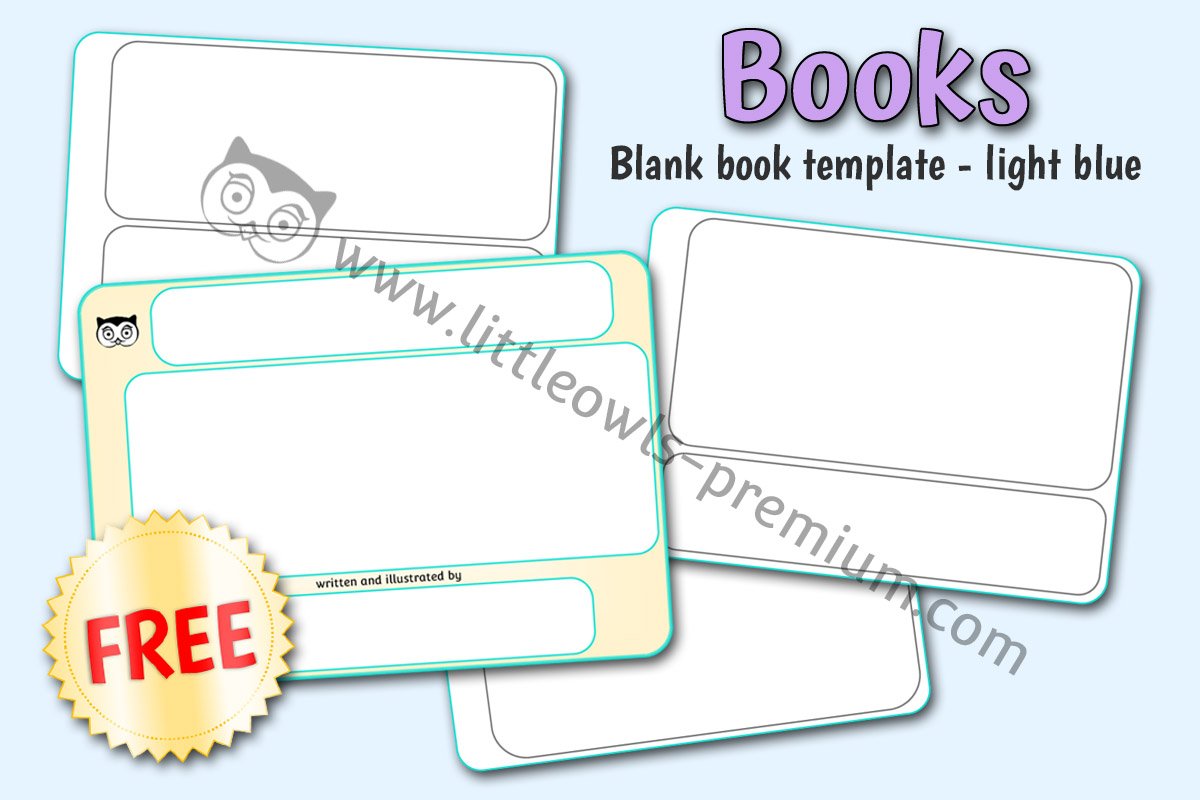















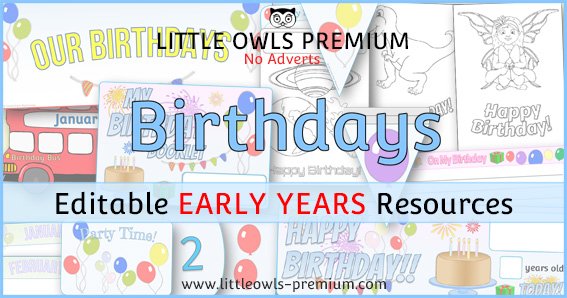
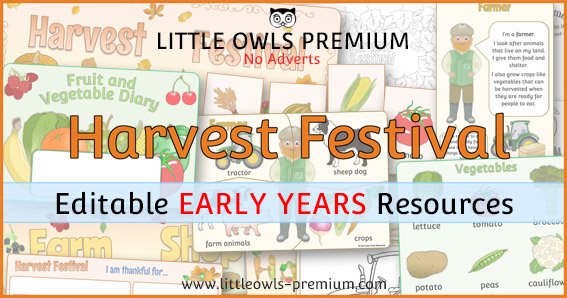
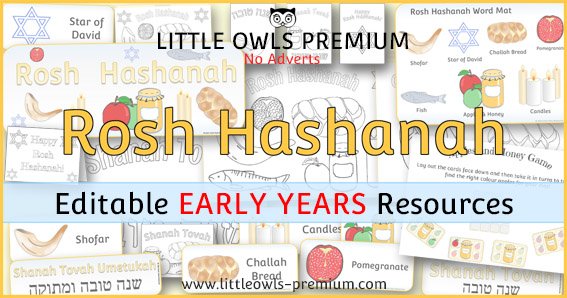















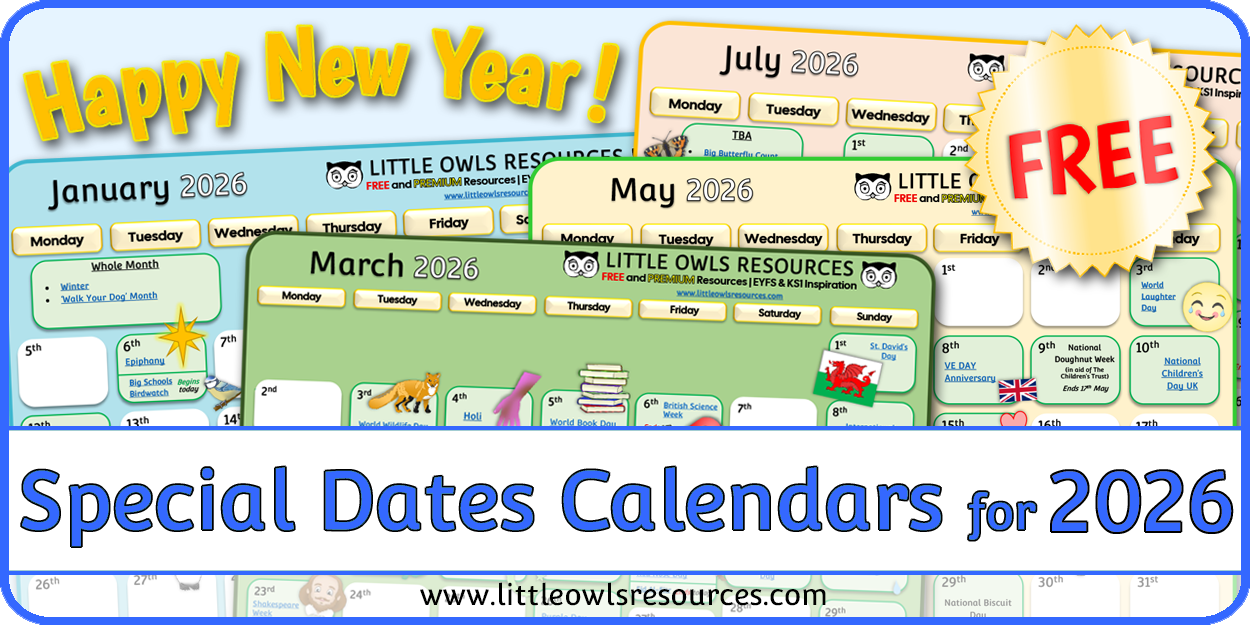
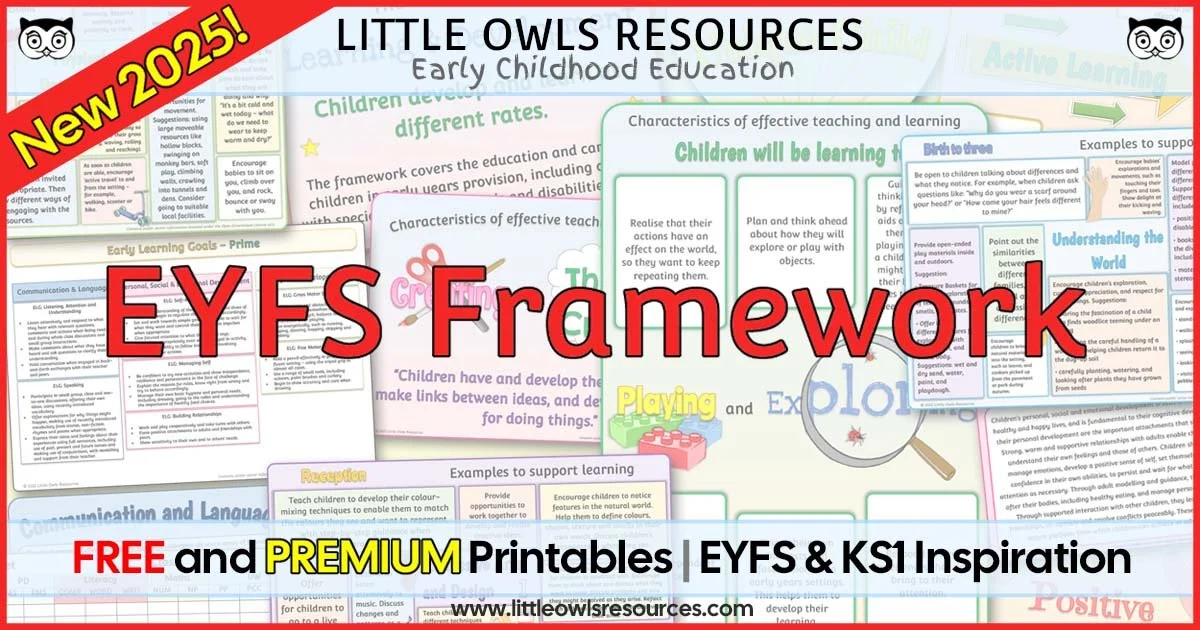

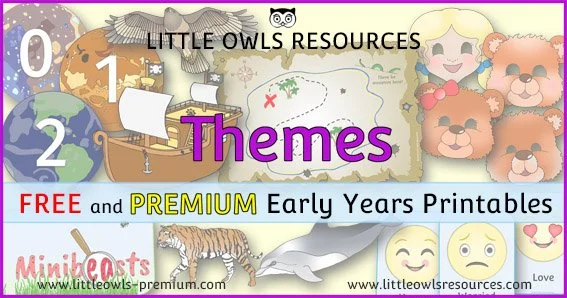

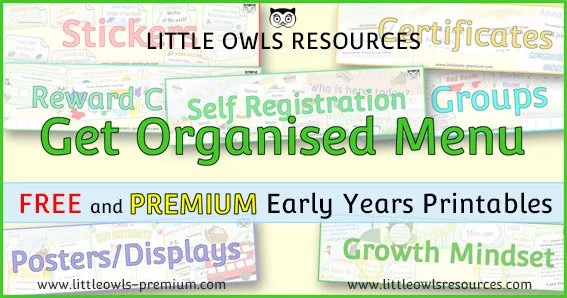

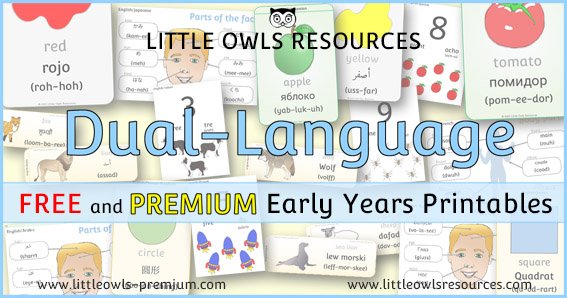
Let's open a book and dive into amazing stories and adventures! 📖✨ International Children’s Book Day (ICBD) is celebrated every year on April 2nd. This special day is chosen because it's the…